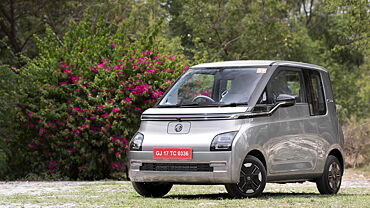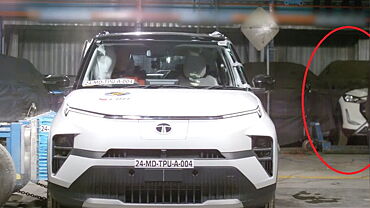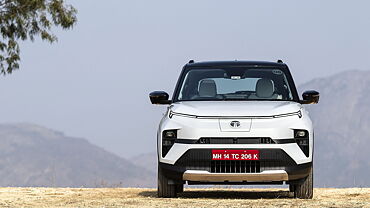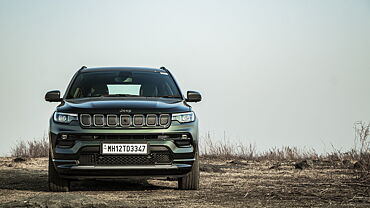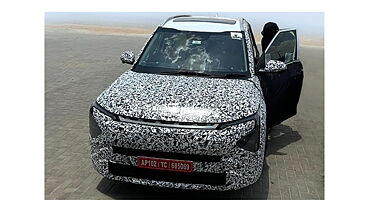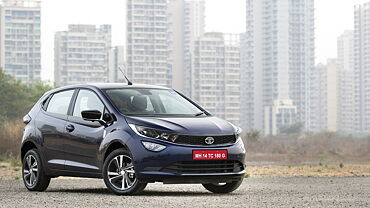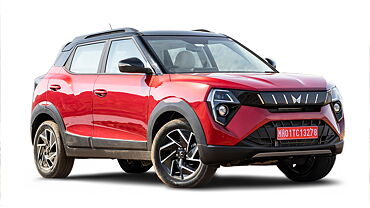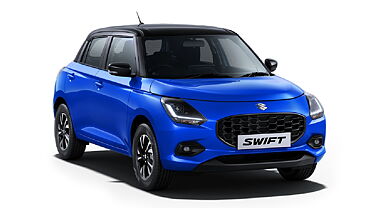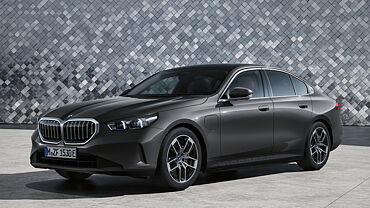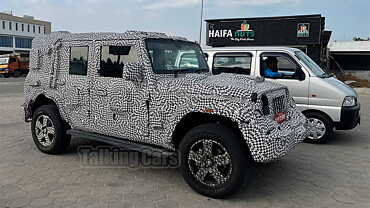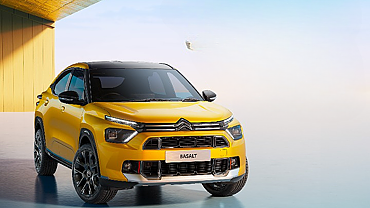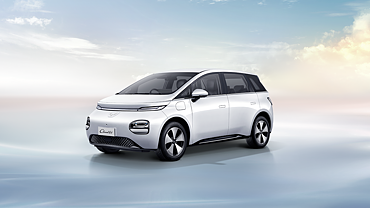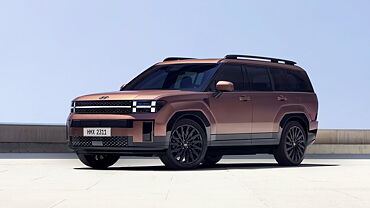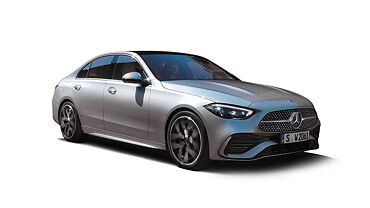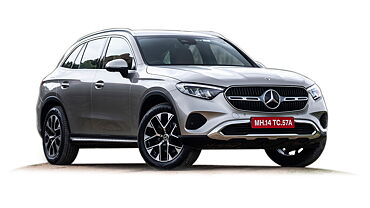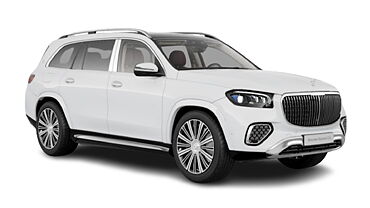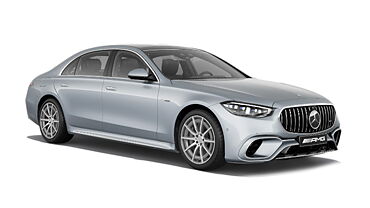Mayank Pareek, the Managing Executive Officer – Marketing and Sales, Maruti Suzuki India, has realised the potential of rural India for boosting its sales. Therefore, he travels over 1000 km per month in the hinterlands of the country to connect with consumers and has to divide his time between the head office and cities. However, his focus remains the rural areas only, as the company believes that the growth potential for petrol vehicles is better there, a factor that goes against the belief of the auto industry.
While travelling to villages, Pareek and his associates talk to residents and work towards understanding their economy and tell them the advantages of Maruti cars in a bid to sell their products. On these drives, which the company has been conducting in the past 3 years, Maruti discovered many facts that helped it in dispelling many beliefs.
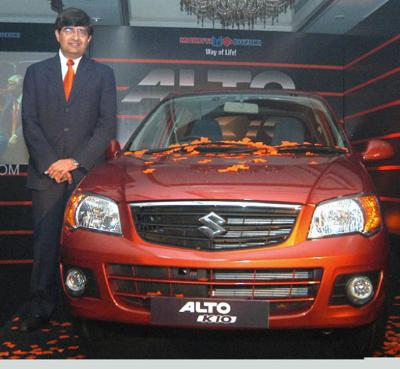
Mayank Pareek, the Managing Executive Officer – Marketing and Sales, Maruti Suzuki India, has realised the potential of rural India for boosting its sales. Therefore, he travels over 1000 km per month in the hinterlands of the country to connect with consumers and has to divide his time between the head office and cities. However, his focus remains the rural areas only, as the company believes that the growth potential for petrol vehicles is better there, a factor that goes against the belief of the auto industry.
While travelling to villages, Pareek and his associates talk to residents and work towards understanding their economy and tell them the advantages of Maruti cars in a bid to sell their products. On these drives, which the company has been conducting in the past 3 years, Maruti discovered many facts that helped it in dispelling many beliefs.
Pareek found out that the buyers in rural areas are ambitious and wish to better their lives. He also discovered that they are just as informed as the urban consumers due to television. Another finding was that farmers constituted only 40 per cent of the total rural populace, with school teachers, shopkeepers and others making up the remaining percentage. On this, Pareek commented, “Generally you would think that rural economy means farmers. But there is a big supporting population in the villages. Initially we were also surprised.”
The condition of roads has improved drastically in the past few years in rural India, improving the connectivity between villages. Moreover, the investments made by the authorities in the economy of villages have helped the residents earn more money, thus increasing their spending potential.
With this rural marketing programme, Maruti was able to zero in upon 270 small clusters and is emphasising upon them presently. These include turmeric farmers in Tiruchengode in Tamil Nadu and apple growers in Himachal Pradesh, among others. India's largest car maker sells around 25-50 units each month in each one of these clusters, selling approximately 6000 cars to them in December. According to Pareek, “That is a good number. More than the full sales of most companies.”
The rural segment of the domestic car market makes up slightly more than a quarter of Maruti's total sales, which stand at around 1,00,000 units. Villages having fewer than 100 homes account for two per cent of this figure.
Rural sales were responsible for close to 3.5 per cent of the 68,000 cars that Maruti sold each month just three years ago. However, they grew at the rate of 8 per cent between April and December 2011 and increased by 16 per cent in January 2012. Alto, WagonR and Swift were the most popular models amongst rural buyers.
The company is spending lesser on marketing its cars in rural areas as compared to cities. Pareek feels, “The very fact that somebody is coming and meeting them, treating them with dignity and understanding their needs, it opens a lot of doors.” On the other hand, urban consumers keep looking for good deals while buying a new car. However, he said that the company has to spend a lot on reaching potential rural consumers since marketing executives have to travel vast distances while visiting each village.
Maruti has already recruited 525 locals for selling its cars in the rural areas, calling them Resident Dealer Sales Executives. They identify and keep track of potential buyers – people who have a tractor or over 5 acres of land. Whenever leads are located, the company gets in touch with them, with the closest dealership located just 20 km away from villages.
The largest car manufacturer of the country already has a network of mobile workshops in place for conducting regular tuning of the cars and small repairs. According to Pareek, it is also pondering over developing a vast network of service centres on highways.
Pareek found out that the buyers in rural areas are ambitious and wish to better their lives. He also discovered that they are just as informed as the urban consumers due to television. Another finding was that farmers constituted only 40 per cent of the total rural populace, with school teachers, shopkeepers and others making up the remaining percentage. On this, Pareek commented, “Generally you would think that rural economy means farmers. But there is a big supporting population in the villages. Initially we were also surprised.”
The condition of roads has improved drastically in the past few years in rural India, improving the connectivity between villages. Moreover, the investments made by the authorities in the economy of villages have helped the residents earn more money, thus increasing their spending potential.
With this rural marketing programme, Maruti was able to zero in upon 270 small clusters and is emphasising upon them presently. These include turmeric farmers in Tiruchengode in Tamil Nadu and apple growers in Himachal Pradesh, among others. India's largest car maker sells around 25-50 units each month in each one of these clusters, selling approximately 6000 cars to them in December. According to Pareek, “That is a good number. More than the full sales of most companies.”
The rural segment of the domestic car market makes up slightly more than a quarter of Maruti's total sales, which stand at around 1,00,000 units. Villages having fewer than 100 homes account for two per cent of this figure.
Rural sales were responsible for close to 3.5 per cent of the 68,000 cars that Maruti sold each month just three years ago. However, they grew at the rate of 8 per cent between April and December 2011 and increased by 16 per cent in January 2012. Alto, WagonR and Swift were the most popular models amongst rural buyers.
The company is spending lesser on marketing its cars in rural areas as compared to cities. Pareek feels, “The very fact that somebody is coming and meeting them, treating them with dignity and understanding their needs, it opens a lot of doors.” On the other hand, urban consumers keep looking for good deals while buying a new car. However, he said that the company has to spend a lot on reaching potential rural consumers since marketing executives have to travel vast distances while visiting each village.
Maruti has already recruited 525 locals for selling its cars in the rural areas, calling them Resident Dealer Sales Executives. They identify and keep track of potential buyers – people who have a tractor or over 5 acres of land. Whenever leads are located, the company gets in touch with them, with the closest dealership located just 20 km away from villages.
The largest car manufacturer of the country already has a network of mobile workshops in place for conducting regular tuning of the cars and small repairs. According to Pareek, it is also pondering over developing a vast network of service centres on highways.
